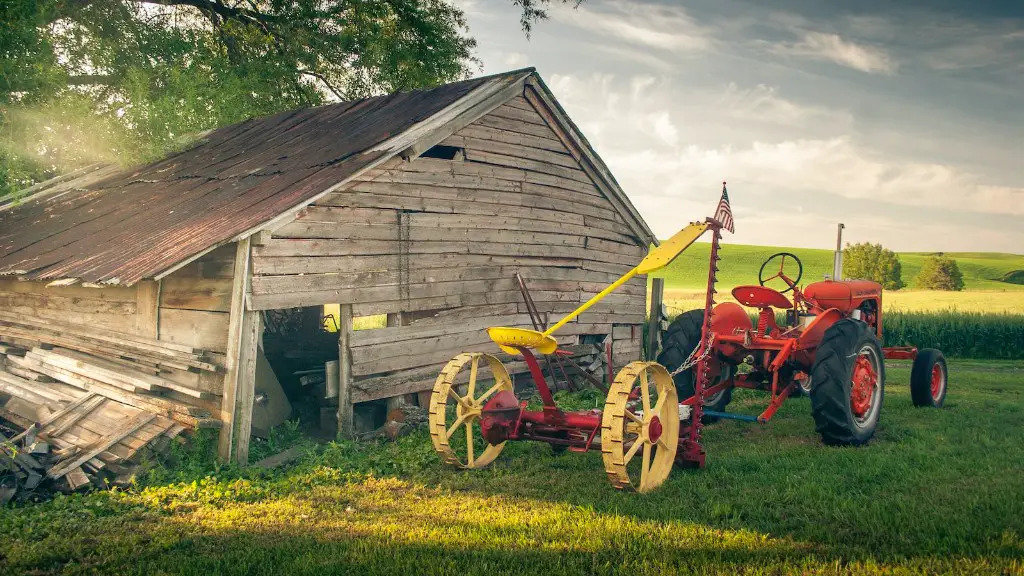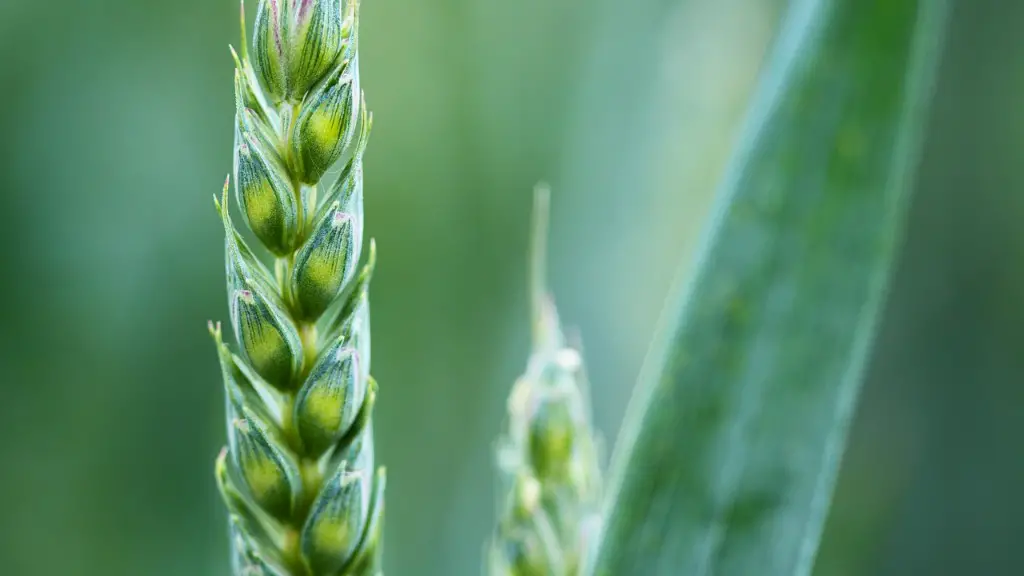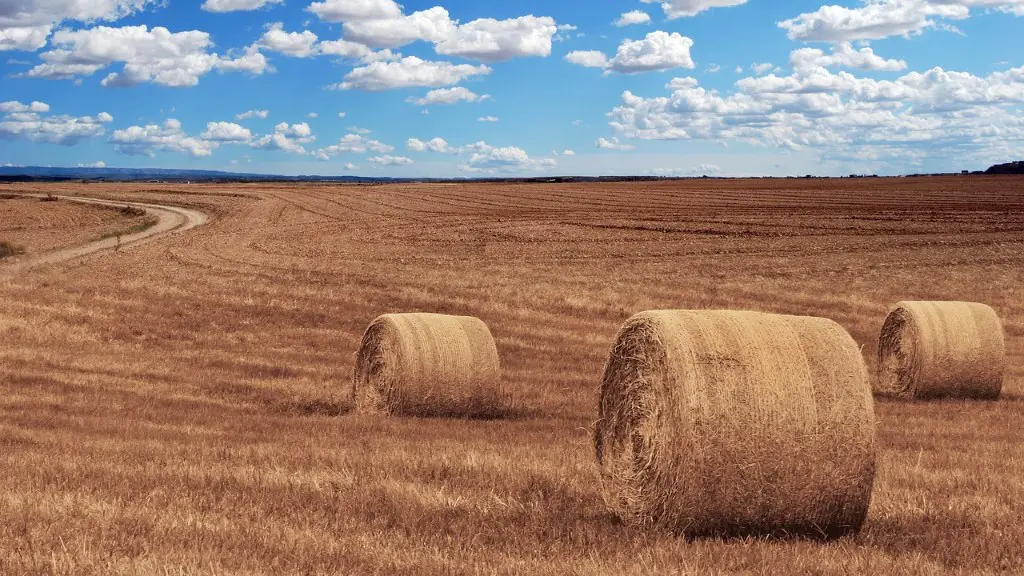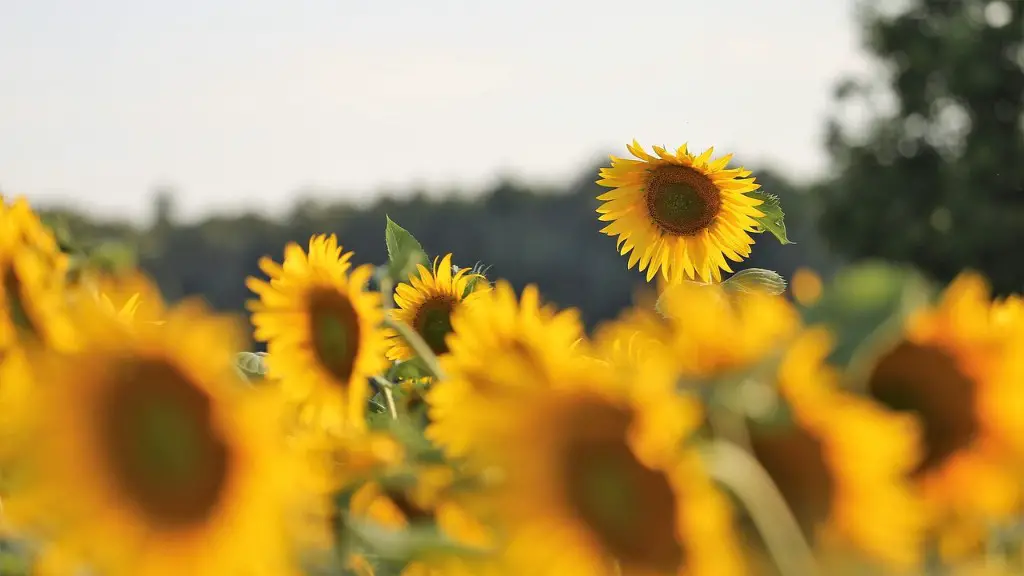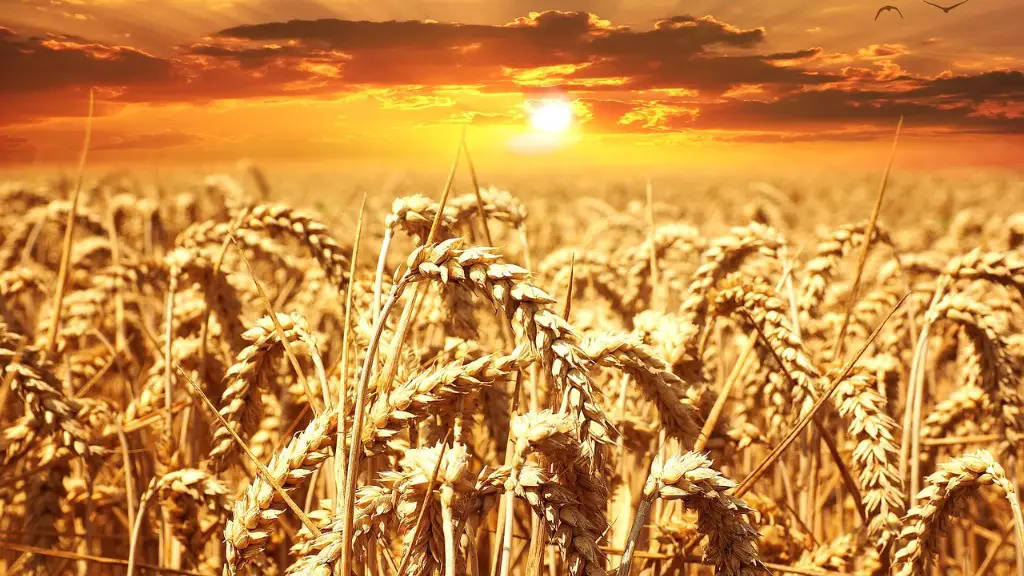Organic agriculture production is a type of farming that focuses on growing crops without the use of synthetic chemicals. This includes using natural fertilizers like compost and manure, and avoiding the use of pesticides, herbicides, and synthetic fertilizers.
Organic agriculture production is a system of farming that focuses on using natural techniques to produce food. This includes using organic materials for fertilizing and pest control, as well as avoiding the use of synthetic chemicals.
What are examples of organic agriculture?
Crop rotation between plant families, techniques to build soil organic matter such as cover crops or adding compost and properly handled animal manures, selecting disease tolerant plants, scouting for insect and disease pests, using trap crops, proper disposal of diseased crop residue are some of the practices which help in sustainable agriculture. These practices help in reducing the dependency on chemical pesticides and fertilizers and also help in maintaining the quality of the soil.
Organic farming is a vital part of preserving our soil’s composition. By utilizing practices that maintain and improve fertility, soil structure and biodiversity, organic farmers are able to reduce the risks of human, animal, and environmental exposure to toxic materials. Not only does organic farming help to preserve our environment, but it also provides us with healthy food that is free of harmful chemicals.
What is organic agriculture in simple terms
Organically grown food is food that is grown without the use of synthetic fertilizers or pesticides. Pesticides derived from natural sources (such as biological pesticides) may be used in producing organically grown food. Organically grown food is often more expensive than food that is grown with the use of synthetic fertilizers or pesticides.
Organic food is a healthier and more sustainable option than conventionally-grown food. Organic produce is grown without the use of synthetic chemicals, such as human-made pesticides and fertilizers, and does not contain genetically modified organisms (GMOs). Organic meats and dairy products come from animals that are not given growth hormones or antibiotics. And, organic processed foods are made with organic ingredients and do not contain artificial preservatives, colors, or flavors.
What are the 3 types of organic farming?
Organic farming is a type of agriculture that relies on organic materials – such as manure, compost, and crop rotation – to maintain soil fertility and control pests, rather than using synthetic pesticides and fertilizers.
Organic farming can be divided into two types: integrated organic farming and pure organic farming. Integrated organic farming incorporates some aspects of conventional farming, such as the use of synthetic pesticides and fertilizers, while pure organic farming relies solely on organic methods.
Organic farming is a form of agriculture that relies on techniques such as crop rotation, green manures and compost, biological pest control, and mechanical cultivation to maintain soil health and fertility, and to control pests.
What are the advantages and disadvantages of organic agriculture?
Organic farming is a type of agriculture that relies on natural processes, rather than the use of synthetic inputs, such as chemicals and genetically modified organisms.
There are many advantages of organic farming, such as the fact that it doesn’t rely on chemicals for resistance to pests and diseases. Additionally, organic farming supports healthier soil and pollinators. However, there are also some disadvantages to organic farming, such as the fact that it can be more expensive than traditional farming methods, and that it has a higher production cost.
Organic farming is better for the environment because its practices involve less pollution, soil erosion, and energy. Eliminating the use of pesticides in farming also benefits nearby birds and animals and people who live close to farms.
What are the risks of organic farming
Organic food is more expensive because farmers do not get as much out of their land as conventional farmers do. Production costs are higher because farmers need more workers. Marketing and distribution is not efficient because organic food is produced in smaller amounts.
Conventional agriculture is the most common type of farming in the world. It involves using synthetic pesticides, herbicides, and fertilizers to grow crops. This type of agriculture can cause increased greenhouse gas emissions, soil erosion, water pollution, and threatens human health.
Organic farming is a type of agriculture that uses natural methods to grow crops. This includes using organic materials for fertilizer, using beneficial insects to control pests, and using crop rotation to improve soil health. Organic farming has a smaller carbon footprint, conserves and builds soil health, replenishes natural ecosystems for cleaner water and air, all without toxic pesticide residues.
What is the difference between organic farming and natural farming?
In organic farming, organic fertilizers and manures like compost, vermicompost, cow dung manure, etc are used and added to farmlands from external sources. These materials help to improve the fertility and productivity of the soil. In natural farming, neither chemical nor organic fertilizers are added to the soil. Instead, the farmer relies on natural sources of fertility like animal manure, crop residues, etc. to replenish the nutrients in the soil. This method is more sustainable in the long run as it does not require the use of external inputs.
Agricultural produce refers to a variety of horticultural and viticultural products, including fruits, vegetables, hops, mint oil, hazelnuts or other nuts, dairy products, bee products, vermiculture products, and hay or straw baled and prepared for market. Meat animals and Christmas trees are also considered agricultural produce under Oregon law.
Which type of crops are grown in organic farming
Organic products are those that are grown without the use of synthetic pesticides and fertilizers. India is a major producer of organic products, with oilseeds, tea, coffee, dried fruits, millets, cereals, spices, and more all being grown organically in the country. Sikkim, Uttarakhand, and Tripura are the major states in India that cultivate organic products, and these products are then exported by India.
There is no single answer to this question as there are many factors that contribute to who the best organic farmers are in any given year. However, some of the farmers who have been consistently ranked amongst the best in India include Jaswir Kumar from Uttarakhand, Bandi Obulamma from Andhra Pradesh, Seroja Lepcha from West Bengal, and Sunita Baliram from Maharashtra.
How do farmers do organic farming?
Organic farming methods are important for promoting healthy crop growth and soil richness. Composting, mulching, and using bio-fertilizers are all excellent ways to introduce important nutrients into the soil naturally. Vermicomposting is another great way to add nutrients to the soil and improve plant growth.
Organic agriculture is a type of farming that emphasizes the use of natural processes, resources, and inputs, as opposed to synthetic inputs. Organic farming practices are designed to promote ecological balance and optimize the health and productivity of soil, plants, animals, and people.
The two main features of organic agriculture are the recycling of nutrients and natural means of pest and disease control. Recycling of nutrients refers to the use of organic matter, such as crop residues, green manure, and compost, to replenish the soil. Natural pest and disease control is the use of beneficial organisms, such as predators, parasites, and diseases, to control pests and diseases.
Organic agriculture has many benefits, including reducing the reliance on synthetic inputs, promoting ecological balance, and improving the health and productivity of soil, plants, animals, and people.
Warp Up
Organic agriculture is a production system that sustains the health of soils, ecosystems and people. It relies on ecological processes, biodiversity and cycles adapted to local conditions, rather than the use of inputs with harmful effects.
In conclusion, organic agriculture production is a type of farming that relies on natural processes, rather than the use of artificial inputs, to support the growth and productivity of crops and livestock. Organic agriculture production systems often include components such as crop rotation, composting, and the use of cover crops, which can help to improve soil health and decrease the need for synthetic pesticides and fertilizers.
